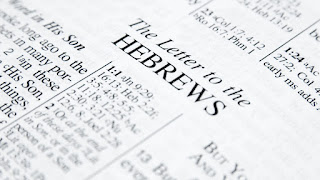Hebrews and The Question on Whether or not a Person can Lose Their Salvation Part Two

Introduction: In the previous post, I explained that justification and predestination were historically seen as two distinct theological terms. I hope to elaborate more on this concept here. Likewise, I hope to continue showing verses used for eternal security by its advocates and my responses to them. In general, any theological topic can be debated in multiple essays, if not volumes of books, or perhaps, even forever. I hope all that I write about here is simply an illumination of what I believe constitu...





